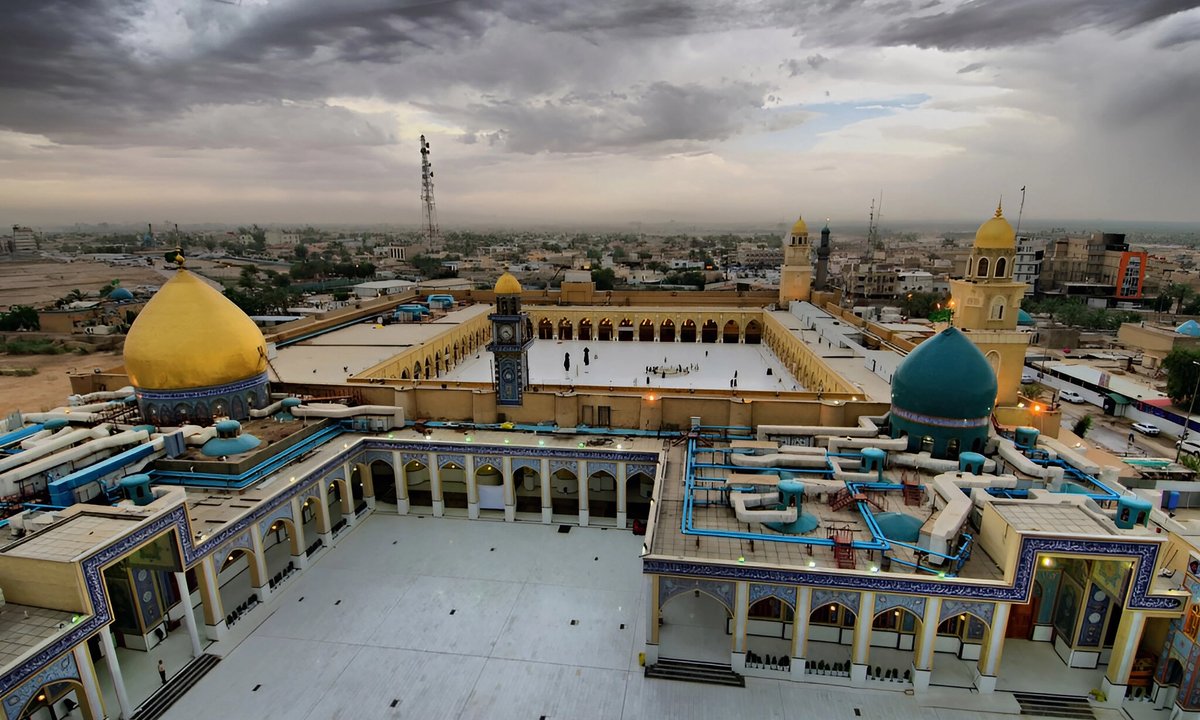A
fierce debate is underway to save the archaeological site of Tell Al Sayyagh, a crucial part of ancient Kufa in Iraq. The controversy centers on the country's "investment law," which critics claim has been misused by the State Board of Antiquities and Heritage (SBAH) to allow development on hundreds of significant ruins over the past decade. These sites have been destroyed or buried under concrete, with some notable examples including Al-Hira, Old Basra, and Babylon.
The SBAH's actions are seen as a betrayal by many archaeologists, who argue that they are "destroying the country's heritage legally." Real-estate development has ravaged important sites in Baghdad, including those from the Babylonian, Sassanid, and Seljuk eras. Now, Tell Al Sayyagh is at risk of being lost forever.
This medieval city was a hub of learning and culture during Kufa's golden age, with remnants still visible today. The site contains buildings that date back to the seventh and eighth centuries, including those used by goldsmiths, silversmiths, and money-changers from neighboring kingdoms. Without Tell Al Sayyagh, archaeologists say they would have no remaining sites to prove the existence of these ancient communities.
Tell Al Sayyagh sits in the heart of modern-day Kufa, a wealthy city where land is highly valued. In 2017, an application was made to build a residential complex on the site, but it was rejected due to its historical significance. However, the decision was later reversed, and the Andalusian Wall Company was given permission to develop the area in March.
The public has strongly condemned this decision, with protests erupting in Kufa and Najaf, as well as widespread criticism on social media. Archaeologists who have spoken out against the SBAH's actions have faced backlash, including administrative fines for commenting on social media about the destruction of a 700-year-old mosque in Basra.
The investment law, introduced in 2006 and amended in 2010 and 2015, allows companies to petition the SBAH to reclassify archaeological sites for development. Sites are categorized into three levels of significance, with those deemed less important being made available for commercial use after a cursory excavation. Critics argue that these excavations are often superficial and conducted solely to justify land sales.
As Iraq's economy grows, there is a growing fear that cultural heritage will be sacrificed in the process. If the investment law continues to be used in this way, archaeologists warn that significant sites will be destroyed, leaving no rich historical sites remaining in Iraq.













